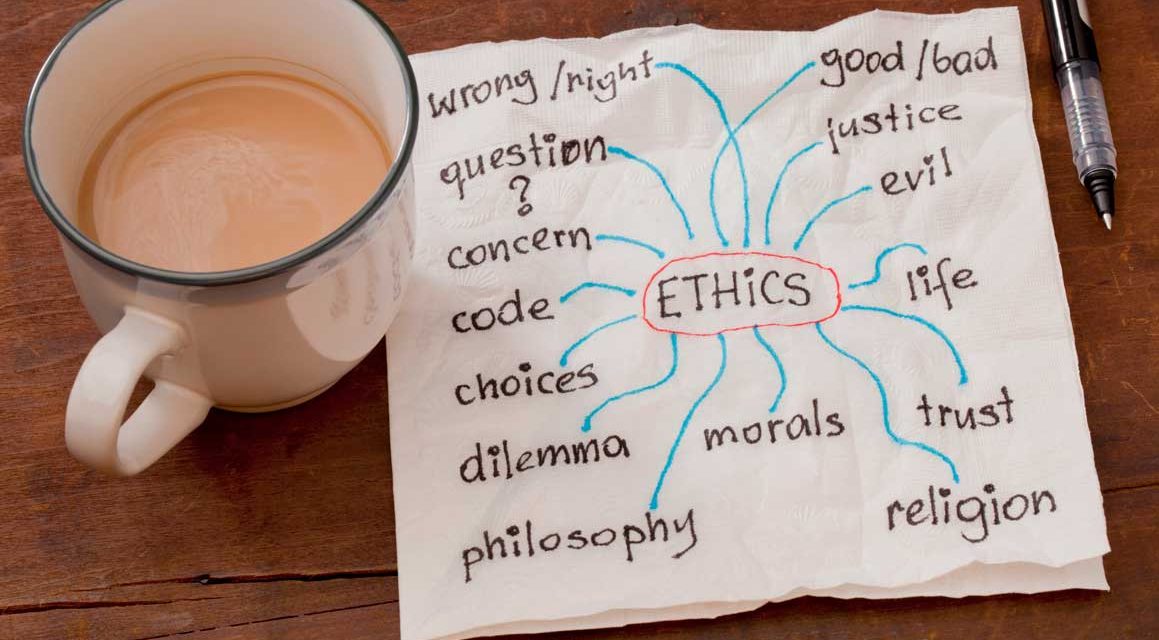“All good writing is swimming under water and holding your breath.”
Scott Fitzgerald
I’ve been in the ethics business for about forty years.[1] I’ve been in the writing business for about twenty years.[2] At the risk of bragging, I know a good deal about legal ethics. At the risk of undervaluing my twelve books, I’m just getting started on the esoteric subject of ethical writing.
In part, I was motivated to blog down the ethical writing path when I read an online article with the catchy title—Ethics and Writing.[3] Jen Webb posed the question in narrative prose: “It comes up, from time to time. Ethics and writing. Two concepts that are chained together in a dysfunctional marriage. How to write, ethically? How to write ethically while remaining true to the aesthetic imperative, the narrative trajectory, a reader’s requirements? And, by the way, what is ethical writing?”
Her straightforward answer, while indubitably true, sparked me to start this blog. She answered her own question this way: “In the field of education the answer is straightforward: to write ethically means avoiding plagiarism and resisting the impulse to make up ‘facts.’”
Is that enough? Is the field of education the right discipline to look for an answer? Is merely avoiding plagiarism enough to pass ethical muster when writing? Even if you don’t make up the facts in your writing, are you even close to writing ethically just by avoiding plagiarism? If education is only a knot of the writing log, what does the whole log look like? There must be more to ethical writing than those two relevant, but narrow tests.
What about trust? Is an untrustworthy piece of writing acceptable, as long as it’s written with verve, not plagiary, and based on actual facts? Plagiary is literary theft. But it’s not a crime. It is academic dishonesty and can subject the writer to sanctions, suspension, and perhaps expulsion. It can constitute copyright infringement. In an abstract world, that’s an ethical “offense.”
Back to my insertion of an additional test; trustworthiness. Most of us, readers and writers, can spot untrustworthiness much easier than we can sense plagiarism or identify made up facts. So, since I’m new to the ethics of writing discussion, that’s my first test. Writing anything that readers will sense as untrustworthy is unethical. Work on it.
[1] I mean the “legal ethics business.” Much of my law practice has centered on legal ethics, representing lawyers and law firms on ethical, malpractice, disciplinary and related areas of law. I established my first website on that area of law about twenty years ago. See www.legalethics.com
[2] My writing site is www.garylstuart.com
[3] Posted on August 3, 2016 on https://theconversation.com/ethics-and-writing-63399 by Jen Webb, Director of the Centre for Creative and Cultural Research, University of Canberra.






 I am an author and a part-time lawyer with a focus on ethics and professional discipline. I teach creative writing and ethics to law students at Arizona State University.
I am an author and a part-time lawyer with a focus on ethics and professional discipline. I teach creative writing and ethics to law students at Arizona State University.  My latest novel is Hide & Be.
My latest novel is Hide & Be.  If you have an important story you want told, you can commission me to write it for you.
If you have an important story you want told, you can commission me to write it for you.